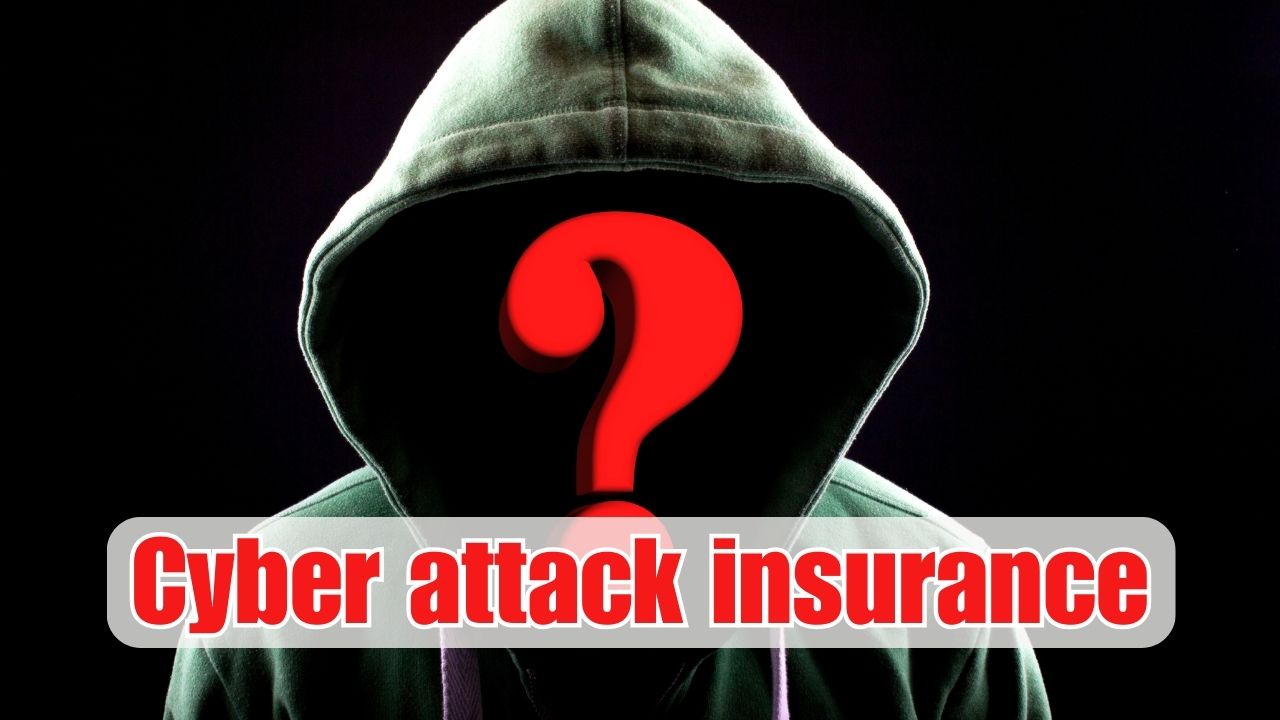In today’s interconnected world, businesses rely heavily on digital infrastructure. While technological advancements have streamlined operations, they have also increased vulnerabilities to cyber threats. Cyber attacks, ranging from data breaches to malware infections, pose significant risks to businesses of all sizes. To mitigate these risks, many companies are turning to cyber attack insurance, also known as cyber liability insurance.
What is Cyber Attack Insurance?
Cyber attack insurance is a specialized insurance policy designed to protect businesses from financial losses incurred due to cyber-related incidents. It provides coverage for various expenses associated with cyber attacks, such as:
- Data Breaches: In the event of a data breach where sensitive information like customer data or intellectual property is compromised, cyber insurance helps cover costs related to notifying affected parties, legal fees, and regulatory fines.
- Business Interruption: If a cyber attack disrupts your business operations, leading to revenue loss, cyber insurance can cover the financial impact during the downtime.
- Ransomware Attacks: With the rising threat of ransomware, where cybercriminals encrypt data and demand payment for its release, cyber insurance can cover ransom payments and expenses related to recovery.
- Forensic Investigation: It assists in covering expenses related to investigating the cause and extent of the cyber attack to prevent future incidents.
- Reputation Management: When a cyber attack damages your brand reputation, cyber insurance may cover costs associated with public relations efforts to restore trust.
FAQs about Cyber Attack Insurance:
1. Who needs cyber attack insurance?
Any business that collects, stores, or handles sensitive data, including customer information, financial records, or proprietary data, can benefit from cyber attack insurance. Small businesses, in particular, often lack the resources for robust cybersecurity measures, making them prime targets for cyber attacks.
2. How does cyber attack insurance differ from general liability insurance?
General liability insurance typically covers bodily injury, property damage, or advertising injury claims. Cyber attack insurance specifically addresses losses related to data breaches, cyber extortion, and other cyber threats, which are not covered under general liability policies.
3. Are there limitations to cyber attack insurance coverage?
Cyber insurance policies vary in coverage and limitations. Some policies might exclude certain types of attacks or have specific requirements for coverage eligibility. It’s crucial to carefully review policy terms and consult with an insurance professional to understand the coverage specifics.
4. Can cyber attack insurance prevent cyber attacks?
Cyber attack insurance does not prevent cyber attacks. It serves as a financial safety net to help businesses recover from the aftermath of an attack. Implementing robust cybersecurity measures and best practices remains crucial for preventing cyber incidents.
Conclusion:
As cyber threats continue to evolve and pose substantial risks to businesses, having cyber attack insurance is becoming a vital component of risk management strategies. While it’s not a substitute for strong cybersecurity practices, it provides financial protection and peace of mind in an increasingly digital landscape. Businesses should assess their risk exposure and consider investing in cyber attack insurance to safeguard their operations against potential cyber threats.
